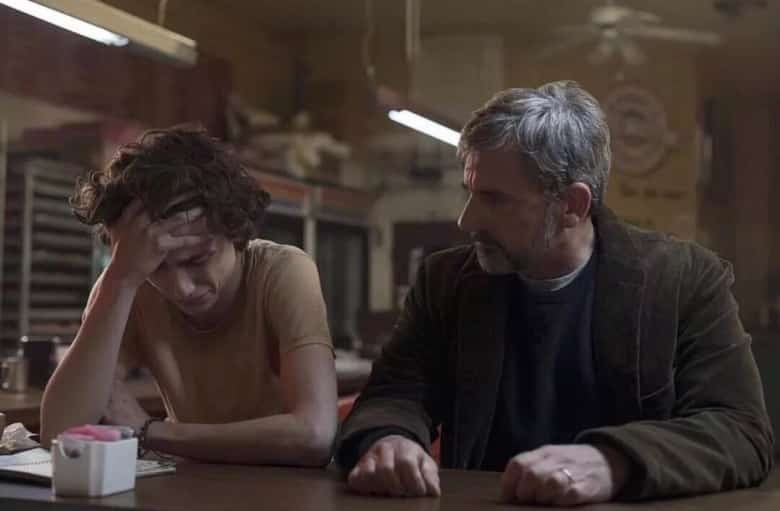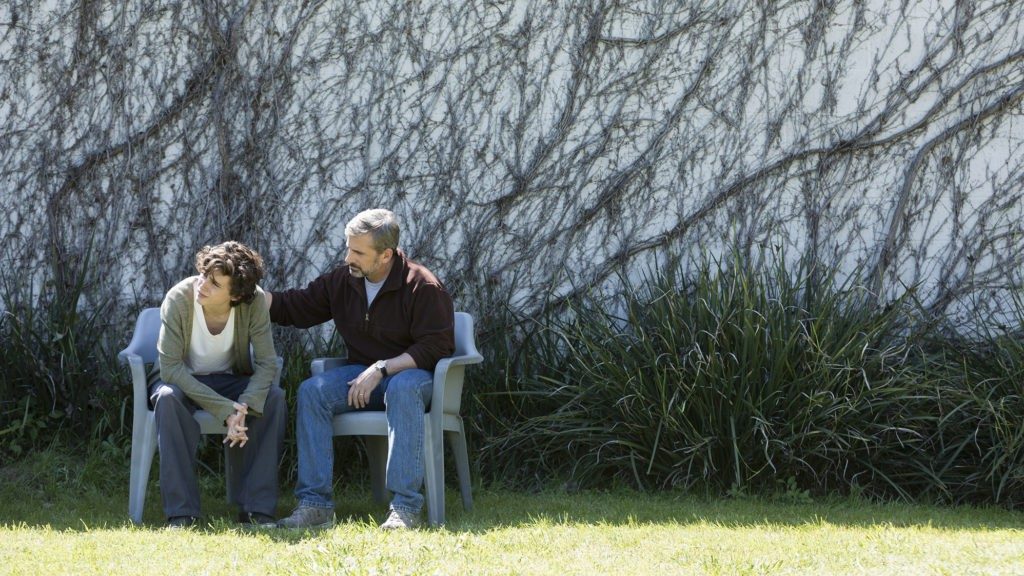By Dr. Robert DuPont in StatNews In the American mind, drug addiction happens only to people “born under a bad sign.” That’s just not true. Worse, it implies that success in life protects individuals from addiction. Throughout my 50-year career working on drug abuse prevention and treatment, I’ve often seen drug addiction befall every kind of person.
That’s one reason I have been urging people to see “Beautiful Boy,” a new film about the relationship between a good father and his good son as the teenager dives into addiction. The film is based on a pair of best-selling books: “Beautiful Boy,” which tells the story from the father’s perspective, and “Tweak,” which tells it from the son’s.
Ninety percent of adult substance use disorders begin in adolescence because of the unique vulnerability of the adolescent brain to addiction. This movie is a cautionary story for teens and families. Another reason I am recommending the movie (and the books) is their riveting and relentless portrayal of how addiction hijacks the brain.
Nic is a boy with a magical life marred only by his parents’ divorce. David is a model father, proud of his son and deeply engaged with him. Nic was on a path to a successful and happy life when he began smoking marijuana. At some point he shares a joint with his father, who wants to be his buddy. David validates Nic’s initial drug use as harmless fun, comparing it favorably to his own youthful marijuana use. But Nic’s drug use takes a nasty turn to intravenous methamphetamine use. No longer beautiful or happy, Nic derails as a senior in high school.

Love of parents not a match for addiction
The film shows the limits of treatment and family love in confronting the awesome and tenacious power of addiction. The movie does not let the viewer stray from that horrifying descent into this modern hell. It brutally and relentlessly portrays the chemical slavery that is addiction and the sustained helplessness of both father and son as they struggle to escape addiction’s iron grip year after devastating year.
I applaud the authors and the filmmakers for their uncompromising portrayal of the hijacking of Nic’s brain. My book, “Chemical Slavery: Understanding Addiction and Stopping the Drug Epidemic,” makes clear that the person in active addiction is not the same person that existed before the addiction. His or her brain has been reprogramed to prioritize continued drug use over relationships and other meaningful aspects of life. Dishonesty is part of addiction. When talking to an individual with an addiction who is using, you are talking to the drug, not to the person who existed before the addiction.
There are compelling lessons in “Beautiful Boy” for families — really for anyone who confronts addiction in themselves and in others. The first is the power of addiction to cause a downward spiral regardless of prior successes. Another is the danger of not confronting early drug use and insisting that a youth not use any marijuana, alcohol, or other drugs for reasons of health.
One Choice prevents addiction
That drug-free choice, which I call One Choice, prevents addiction. When Nic leaves treatment, David does not effectively monitor him for relapse or actively manage his recovery plan. He fails to see that addiction is a lifelong threat to his son and not a temporary problem to be put behind them by even the best treatment.
The ending, which I won’t spoil for you, is hopeful — though there is a disconnect between it and the relentless degradation of Nic and his family.
This powerful portrayal of an individual’s dehumanizing decline into a cruel and degrading misery that’s shared by the entire family conveys that addiction is cunning, baffling, powerful — and tenacious. It is seldom easily overcome, even with repeated access to treatment.
There are no hopeless cases. Anyone can recover from an addiction, though lasting recovery routinely requires years of effort by individuals with addictions and their families. A take-home message for families with children who are not now addicted is the importance of youths growing up drug-free and of families establishing the standard of One Choice for health early and repeating it often. Families helping youths with substance-use problems need to strongly insist on sobriety and sustained participation in recovery support with monitoring to identify relapses and to intervene quickly. Another take-home message, which was only implied in this movie, is the miracle of recovery and the role of recovery support, including Alcoholics Anonymous and Narcotics Anonymous, in achieving and sustaining enduring recovery.
Robert L. DuPont, M.D., is the president of the Institute for Behavior and Health and was the first director of the National Institute on Drug Abuse. He is the author of “Chemical Slavery: Understanding Addiction and Stopping the Drug Epidemic” (Institute for Behavior and Health, 2018). This review was first published in StatNews

